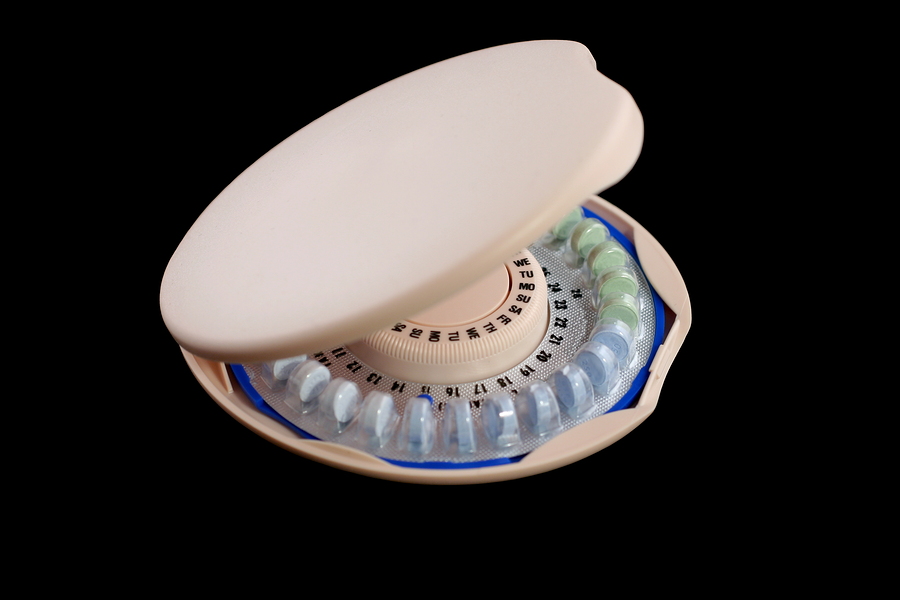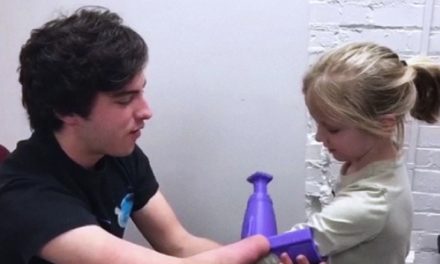A large study of Danish women has found that hormonal contraception, you know- “The Pill” (but also including implants, rings and patches)- may increase a woman’s chance to develop depression and then use antidepressant medication.
The Pill Doubles the Risk of Depression in Girls
Using data about prescription drug use for more than 1 million women, the researchers found that those who started using hormonal contraception were significantly more likely to get a first-time prescription for antidepressants compared to women who were NOT on hormone-based contraception.
And the risk in adolescent girls was even higher. In fact, depending on the type of hormones being used, there were also likely to be diagnosed with depression.
From the article:
“The authors point out that the lifetime prevalence of depression is about double among women compared to men. That difference doesn’t emerge until after puberty, though. Two female sex hormones – estrogen and progesterone – are thought to be factors in that increased risk once the reproductive years begin.”
Senior author on the study, Dr. Ojvind Lidegaard- from of the University of Copenhagen- and his colleagues used data from the Danish Sex Hormone Register Study (which includes all women living in Denmark). Any woman who had a diagnosis of depression, which occurred prior to 2000, was excluded from the analysis, as were those with any other major psychiatric diagnosis.
Those who were included were followed for around for seven years. In that time, about 55 percent used hormonal contraception and:
- 133,178 women were first prescribed antidepressant medications
- 23,077 were first diagnosed with depression
And, when compared to women who did NOT use hormonal contraception:
- those using birth control pills were 23 percent more likely to be prescribed an antidepressant medication for the first time during the study period
- those using birth control pills only containing the hormone progestin were 34 percent more likely to be prescribed antidepressant medications
- women using a birth control ring had an increased risk of 60 percent and it doubled among those using a birth control patch.
These risks were also slightly higher in adolescents.
Among girls in the 15-19 year age bracket who used hormonal contraception, researchers found they had an 80 percent increased risk of being prescribed antidepressants. And the risk was about 120 percent higher among those using progestin-only birth control pills.
More from the article:
“Lidegaard said past studies of women on hormonal contraception may not have found differences in depression treatment or diagnosis because women who experience mood changes after starting hormonal contraception often stop taking the pills and become non-users again.”
Researchers caution us that their findings are limited because, for example, antidepressants can be prescribed for reasons other than depression AND depression is listed as a potential side effect of hormonal contraception. Any woman considering using hormonal contraception should speak to her doctor first AND do her own research. There’s never any good reason to mess with your hormones and this study seems to further prove that point.
Source: Fox News












